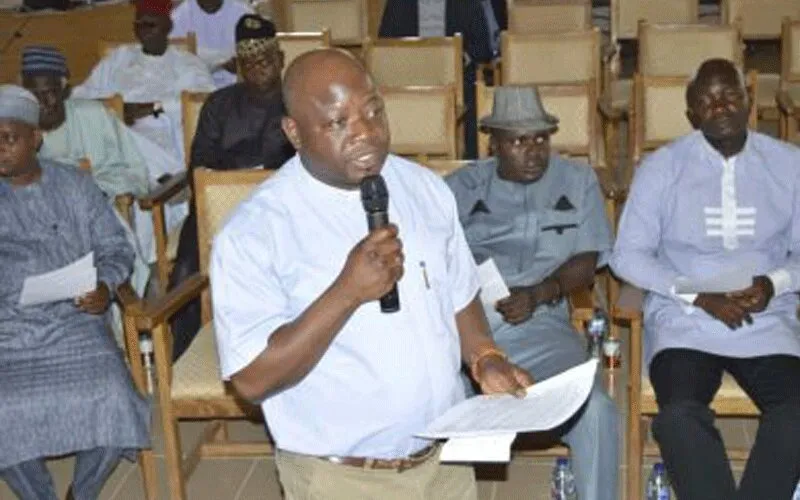Jos, 23 November, 2020 / 8:20 pm (ACI Africa).
The international community looking to assist Nigeria in the fight against terrorist attacks can help by boosting the country’s security forces, the leadership of a religious conflict resolution organization working in the West African country has said.
In an interview with Aid to the Church in Need (ACN), Fr. Blaise Agwon who is the Director of Catholic-founded Centre for Dialogue, Reconciliation and Peace (DREP Centre) in Jos, Nigeria, said the country’s security forces are already “overwhelmed” in the fight against militant groups.
“I feel the best way the international community can help Nigeria is in the area of security. This is because the security agencies are overwhelmed by the security challenges facing Nigeria,” Fr. Blaise told ACN in a report published by the Pontifical charity organization on Monday, November 23.
According to the Catholic Cleric, security forces in Nigeria need more and better equipment, communication equipment, and transportation among other resources in order to effectively tackle terrorist activities, which he said, has so far claimed over 20,000 lives in the Northern part of the country.
In the country’s Northcentral region alone, over 1,000 have been killed in the last five years, the official at the church-based peace initiative said.








